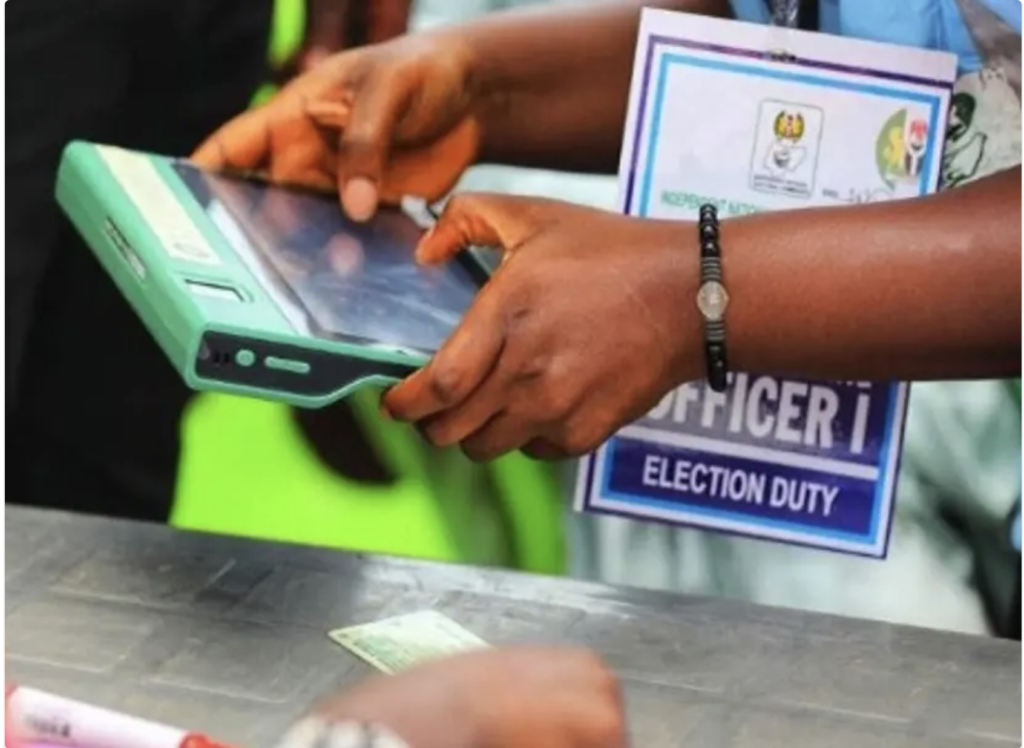- By Kamil Opeyemi and Halimah Olamide
The European Union Observer Mission has faulted the Independent National Electoral Commission’s implementation of its much promised transmission of election results electronically.
The EU, in its preliminary reports, said INEC never made the details of its plan to transmit elections electronically available to Nigerians before going into the elections on Saturday.
Controversies have become rife nationwide over the credibility of the election results after the commission failed to keep to its promise of electronic transmission.
“Hardware and software specifications of BVAS, test results, audits, basic procurement details, protocols and guidelines for specific operations and functionality were not made public,” EU stated in its report on Monday.
It went further to state that “Functionality and specifics of the transmission of the results forms were also unclear, without details publicly available, apart from information found in late published manuals, lessening transparency, trust, and certainty.”

It said that “INEC missed the opportunity to substantively test operational issues connected with its technology before election day. On 4 February, it conducted an inadequate mock exercise in 436 polling stations testing the functionality of the BVAS. EU EOM observers and other stakeholders noted that the timing of the mock, the small size of the sample, low voter participation, and missing guidelines diminished the practical value of the exercise, while exposing some technical problems with biometric recognition and transmission of results.”
The EU Observers said that the mock was run only by INEC professional staff and not by election day poll workers. “There was delayed recruitment and training of key technical support staff as well as of polling staff handling BVAS.
“On election day, a BVAS offline option to upload results forms, in case of weak internet connection, was largely unused, which contributed to issues with the transmission of the results forms. EU EOM observers noted that the number of accredited voters was not always sent from BVAS regularly after the closing. Further, scans of presidential elections results forms were often impossible to upload, unlike House of Representatives and Senate at least partly. Delays and frictions in the IReV portal prevented smooth access to view the scans. Assurances from INEC that system was adequately prepared and tested were undermined by the systems’ performance, thus contributing to diminishing public trust and confidence in results processing,” the EU Observers said
Already, former Nigerian president, Olusegun Obasanjo, has called for corrections or outright cancellations of the elections results.
The African Union had through its observers said that the exercise left much to be desired.
The commission went ahead with its declaration of results on Monday despite rejection of the exercise by some of the opposition political parties. Agents of the parties walked out of the collation centre, casting further credibility minus on the exercise.


